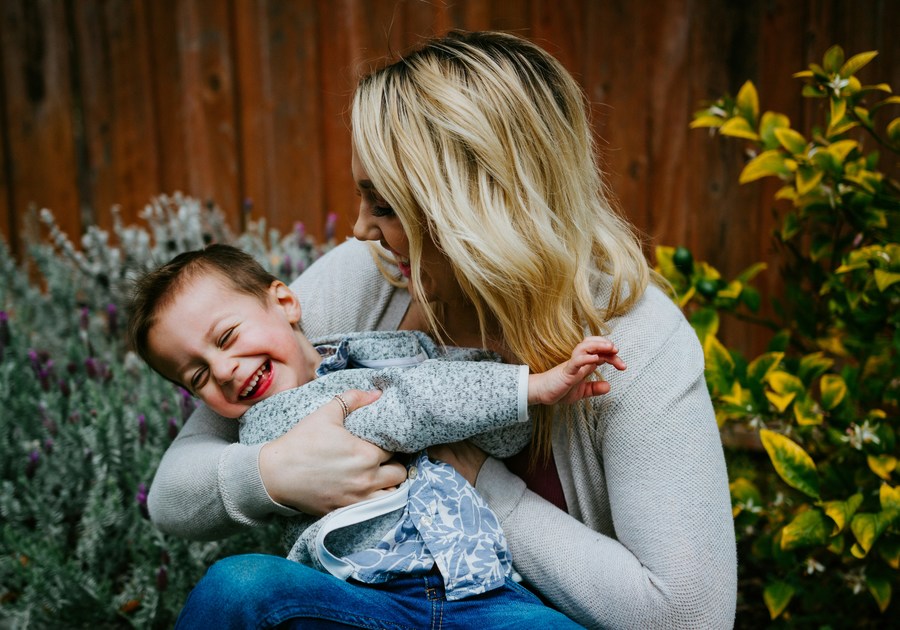During May month, First Words wants to promote one of our hallmark campaigns “Talk by 2 and Beyond! This early identification and prevention strategy focuses on the importance of supporting communication development in young children. Recent pediatric research shows that:
Help grow your child’s communication skills with these talking tips:
- Ensure face-to-face communication when the child is talking
- Praise the child’s efforts to communicate
- Describe what your child is doing, feeling and learning
- Read colourful picture books
- Recite nursery rhymes
- Sing songs
- Talk to the baby or child while dressing
- Talk simply and clearly. Early detection is vital.
The best time to affect brain and behavioural growth is between the ages of 0-30 months. Early cognitive development is primarily driven by biology. Talk, read, sing and play with your baby from birth.
Children can be referred at any age. Whether they are 6 months, 12 months or 18 months, children under the age of 2 can be referred. In fact, studies show that early intervention and intervention before the age of 30 months have better and faster outcomes for the child.
By age 1, children communicate for the same reasons by age 1: Infants by 12 months should use communication to show, label, protest, refuse or interact with others just like adults do. How this communication happens will be very different from the adult’s counterparts. Babies and toddlers communicate with sounds, babbling, smiles and facial expressions, pointing, gestures and eventually their first words by 12 months.
Children babble by 12 months: Babbling is important for word development. Children with limited sounds or who don’t babble (ex: bada) by 12 months continue to show a delay later on. Research shows these children have fewer words at 18 months, 24 months and even, 36 months. Early detection is the key!
Children must use and understand words: The number of words used by children is a good way to track expressive language development. Key milestones to remember are 3-5 words at 12 months, 20 words at 18 months and 100-150 words at 24 months. Receptive language skills are as important as expressive language skills. Keep a close eye on comprehension milestones related to the understanding of vocabulary, concepts and directions by visiting our website.
Children “TALK by 2” with 150 words and 2-4 word sentences: Children at 24 months should have at least 100-150 words in their vocabulary and combine 2-4 words together to make short sentences. Research shows that 50% of children at age 2 who do NOT show these milestones continue to have persistent communication delays at age 3.
To help your child “TALK by 2”, focus on everyday activities and daily routines. Talk, read, sing and play every day with your child. Regular conversations support language and brain development. Talk throughout the day in daily activities. Share stories. Describe the world around you. All these activities build vocabulary, comprehension, and the confidence children need to express thoughts and ideas.
Check out all the Talk by 2 and Beyond content on our website. Learn about key milestones and about the EIEIO strategies supporting communication growth in children 12 to 24 months.

View the Talk by 2 - NEW Video on our website. This video highlights key elements to support communication growth in children 12 to 24 months (milestones, signs of communication differences, strategies).

Recognizing speech and language problems early on is the best approach!
Check out our online First Words Communication Checkup tool to know if your child is meeting communication milestones. Refer online if necessary.
Visit www.firstwords.ca or call Ottawa Public Health at (613) PARENTS.


